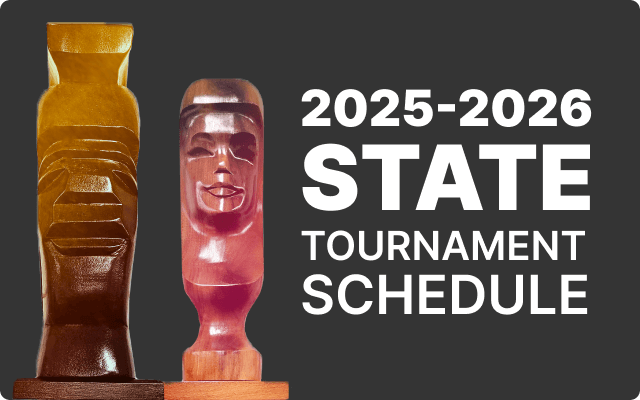The NFHS Voice

 The NFHS Voice
The NFHS Voice
From Masks to Transfers Across States, High School Sports Have Different Look
Dr. Karissa L. Niehoff, NFHS Executive Director
How do we begin to describe the past six months in high school sports and performing arts? Strange, bizarre and unprecedented all come to mind.
Many adjustments and re-adjustments have occurred in an effort to restart high school athletics and performing arts in our nation’s schools, not the least of which is that masks are being required almost universally at this point. And while wearing masks may be inconvenient, this act alone can hasten the return of high school activities.
This issue has caused tension and raised stress levels in all parts of society. However, with the knowledge that masks decrease the spread of COVID-19 and could enable more high school student-athletes to participate this year, it is difficult to understand the opposition to wearing a mask. In our view, if it is a local or state rule to wear a mask, the rule needs to be enforced. If the requirement is to have masks on, that requirement should be enforced.
In one of the country’s first football games in Utah last week, an athletic director did this very thing. He stopped the game and told the crowd that the game would not resume until all fans were wearing masks and following social distancing guidelines. Congratulations to this leader for taking a stand.
The 2020-21 sports calendar is unlike any other – football pushed back to winter or spring in 17 states, the option of split seasons from fall to spring, volleyball matches contested outdoors, 7-on-7 touch football instead of 11-player tackle football, fewer games within a season and reduced number of fans, just to name a few modifications.
Despite these differences in how sports and other activities look from state to state, there is one constant that has not changed – the desire on the part of students (backed by their parents in many cases) to participate in education-based high school athletics and performing arts. And that desire has been taken to the extreme in some cases.
Every year, student-athletes transfer from one school to another for a variety of reasons. In some cases, state associations determine if a transfer is made for athletic reasons. In more normal years, those transfers are within a city or major metropolitan area, or elsewhere in the state – typically not in another state on the opposite side of the country.
However, with no sports being played in several states this fall due to the pandemic, some families have uprooted their lives and moved to another state – or to other schools within their own states – to enable their sons or daughters to play sports in an area that has a lower spread of the virus – with the singular focus of earning a college scholarship.
Ordinarily, moves of this extreme nature are not athletically motivated. But it would be hard to defend many of these recent transfers – across the country or across town – as anything but related to athletics.
While eligibility issues would vary from state to state, the more universal concerns are philosophical and ethical in nature. Most importantly, no state associations have cancelled any high school sports for the 2020-21 school year. While some states have moved all activities to January 2021, plans are still in place for all sports in all states to be conducted.
Although there are a limited number – less than two percent – of high school students who will play at the college level, the majority will not. The uprooting of an entire family to move to another state with the uncertainty of whether COVID-19 might eventually delay or cancel sports in that state, along with the uncertainty of such a move impacting scholarship offers, seems short-sighted.
We suggest families consider the bigger picture and remain invested in education-based activities in their school and community.
Dr. Karissa L. Niehoff is in her seventh year as chief executive officer of the National Federation of State High School Associations (NFHS) in Indianapolis, Indiana. She is the first female to head the national leadership organization for high school athletics and performing arts activities and the sixth full-time executive director of the NFHS. She previously was executive director of the Connecticut Association of Schools-Connecticut Interscholastic Athletic Conference for seven years.









